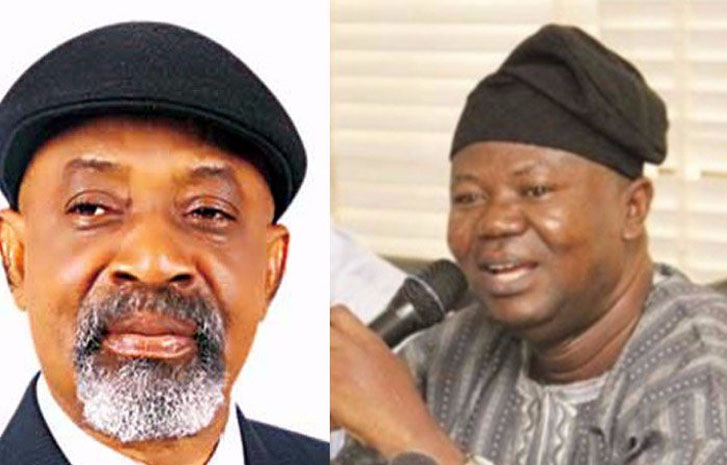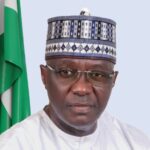In the last 40 years, the Nigerian public universities (both states and federal) have seen a gradual decline in terms of output quality and infrastructure, despite huge billions that accrued into them through TETFund and other sources. The declining output quality and infrastructure became the reason for the over four decades of industrial disputes between the Academic Staff Union of Universities (ASUU) and the federal government. In these years, ASUU had down tools more than 10 times from 1978. It had several altercations with military governments which led to its proscription and seizure of its property in 1988 and dismissal of many of its members at different times.
Since 1976, there were attempts by the Nigerian government to change its role as the provider of education as public good, to regulator of higher education in an effort to commodify university education or make it a “private affair”. This is another way of removing its hand from funding public universities. These attempts are the bone of contention between the FG and ASUU. ASUU’s stiff resistance over the years – resulting in long closure of public universities and its radicalism stand—has extended the intent of government of “marketization of education” till this day.
The crises in the Nigerian public university has lingered for so long, with ASUU receiving all the blame both from government officials, parents and students. All these years, few understood ASUU’s extreme stand on the idea of university education as a public good. Most government officials, who over the years were trained to implement policies a la neo-liberal thinking, have come to accept that university education should not be funded by the government. This is in line with their training, both in school and their role as civil servants – a system that was built on the neo-liberal philosophy after the 1986 shift in our philosophy of governance.
This debate was raised again last week when President Muhammadu Buhari declared that his government has no fund to revive the public university education. Speaking at the 49th convocation ceremony of the University of Nigeria, Nsukka, Buhari, through his Minister of State for Education Emeka Nwajiuba said his government cannot afford the amount of funding needed to revive the country’s educational system (university).
When a government makes this declaration, two things are bound to happen – parents have to bear the cost of educating their children in the university (which they have been doing since 1992 anyway) or children of the poor have to find alternative source of education or get them to drop out. These are the realities staring at us. As it is, a committee set up by government to look at alternative funding for universities discovered that parents pay up to 70 per cent of all expenses for their children’s education in the university, while the government pays only 30 per cent. The committee initially was to look at cost sharing system, where parents take some part of their children’s expenses in the university and government pays the remaining.
The committee, which includes ASUU members, quantify student’s expenditure in the university, including variables – what a student needs to survive semester by semester in the four or five sessions in the university. These include; school fees, accommodation, transportation, materials needed for academic activities, feeding, laundry, incidentals etc. The expenditure then was categorised according to area of study – medical students, science based students, and humanities. The committee also calculated the variables like seat in class, walk-way, laboratory (building and apparatuses), cost elements of hostel (water, electricity and maintenance), sports’ facilities, conference chairs, garden chairs, worship centres etc and came up with amount for each item.
Based on their calculations, a medical student will pay a proposed N1.5m to N1.9m every session to be in the university. Science students will pay a proposed N1.2m – N1.5m and humanities students are expected to pay a proposed N900,000 to N1.2m for them to remain in the university for each session. Maybe realizing that the cost sharing method is a huge embarrassment to government when made public, the government either rescinded the decision or suspended it, but failed to come up with any alternative, except of course the usual threats of not having enough resources to fund education. The cost sharing system is put on hold for now because, as it is, parents are already paying 70 per cent of what is needed for their children’s university education.”
If the current system is not working because government has limited resources why do they keep on increasing the number of tertiary institutions instead of managing what we have?
Truth is that; it is the sole responsibility of government to fund education from primary school to tertiary institutions as specified in the constitution. Chapter II of the Constitution states that “equal and adequate educational opportunities at all levels,” to “promote science and technology,” and “to eradicate illiteracy” by working toward “(a) free, compulsory and universal primary education; (b) free secondary education; (c) free university education; …”
If by now we fail to see the logic of ASUU over the years that government should fund public university, then the recent spate of insecurity in the country is a child’s play compared to what is facing us in the next 10 years. It is the belief of this writer that education should be prioritised over building of over-head bridges that are not needed in the first place.
Over the years, ASUU has come up with funding options for education (universities inclusive) which produced agencies like the ETF which was later named TETFund that helped in upgrading infrastructure in public universities and training and retraining of university staff. What we need is to sit down and look at these alternative fundings, which are outside budgetary allocation that can help reduce industrial disputes in our public universities. I want to believe both ASUU and our political leaders are working for the interest of Nigeria.
Kabiru Danladi Lawanti sent this piece from Zaria

 Join Daily Trust WhatsApp Community For Quick Access To News and Happenings Around You.
Join Daily Trust WhatsApp Community For Quick Access To News and Happenings Around You.

